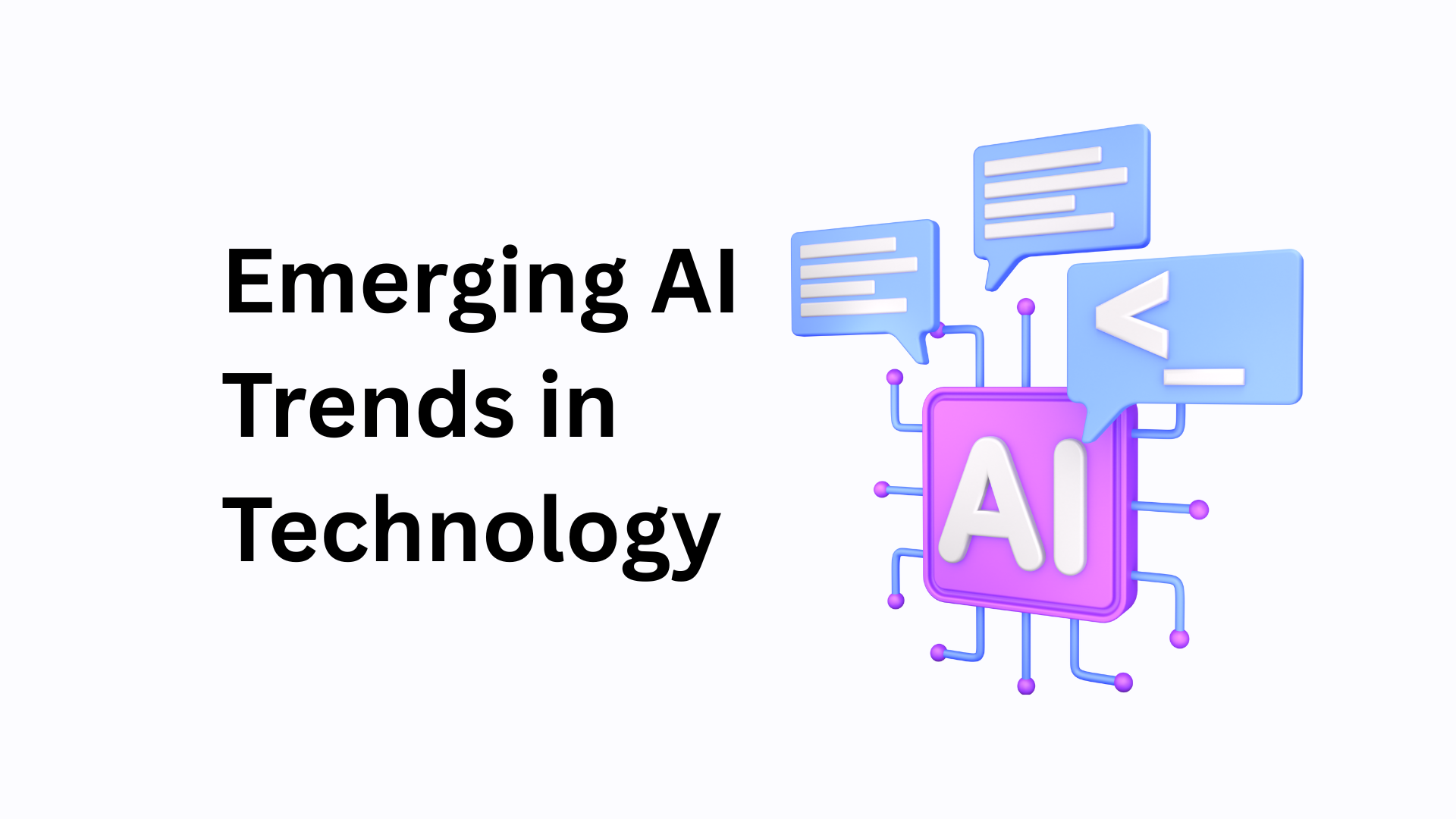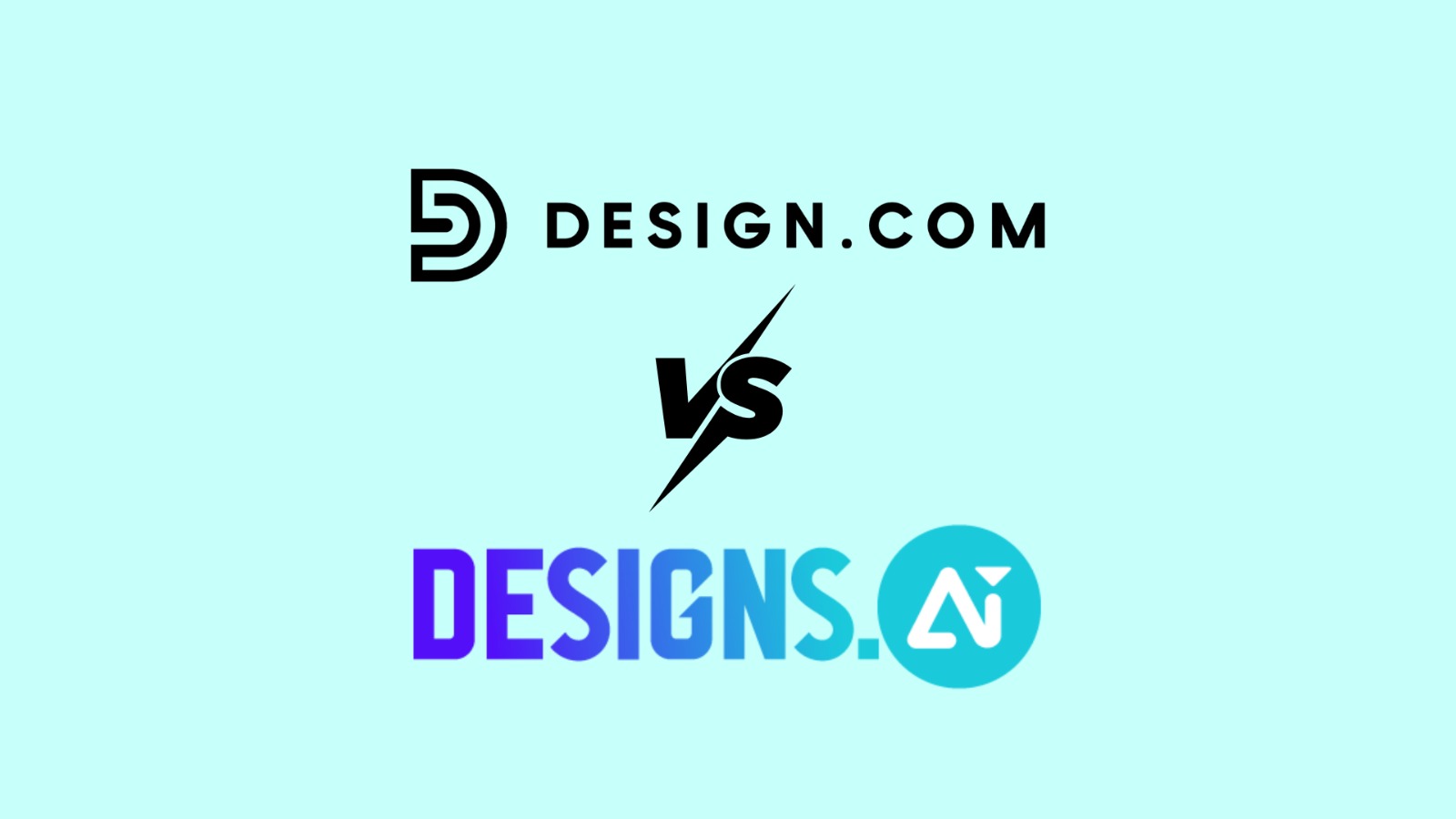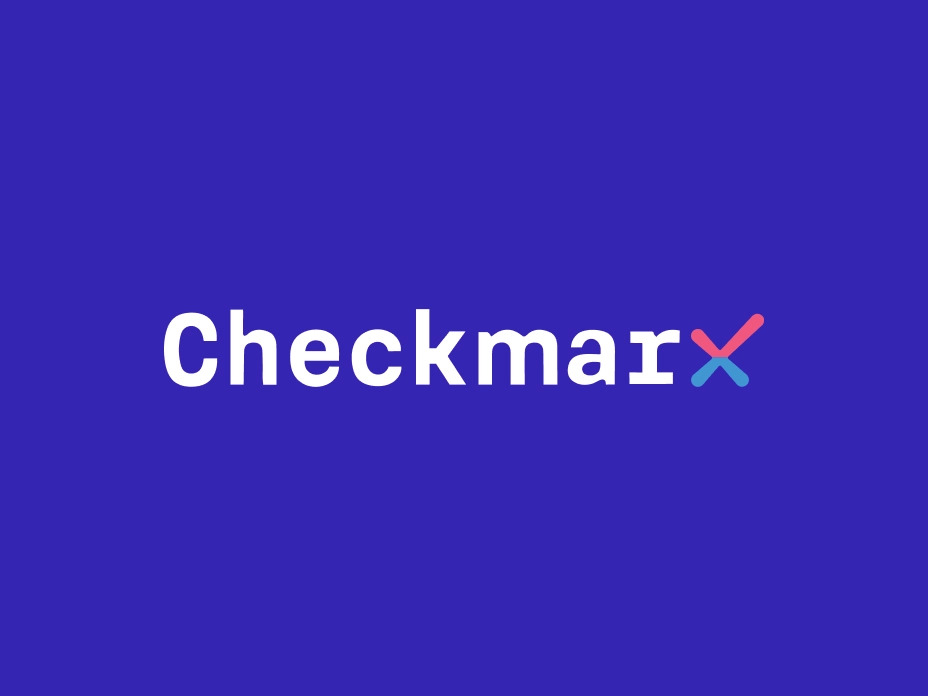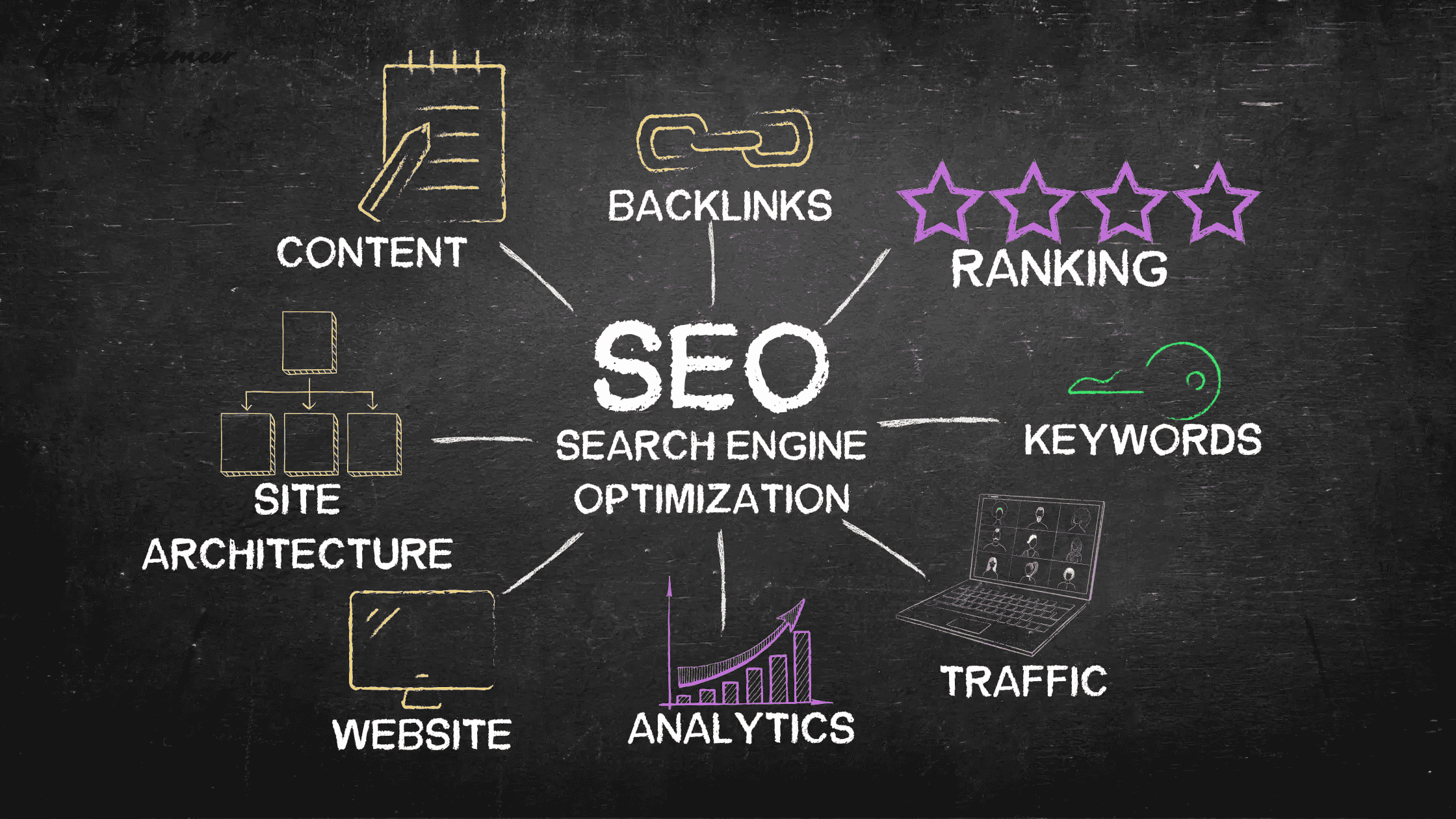Choosing the Best Development Platform for Your App
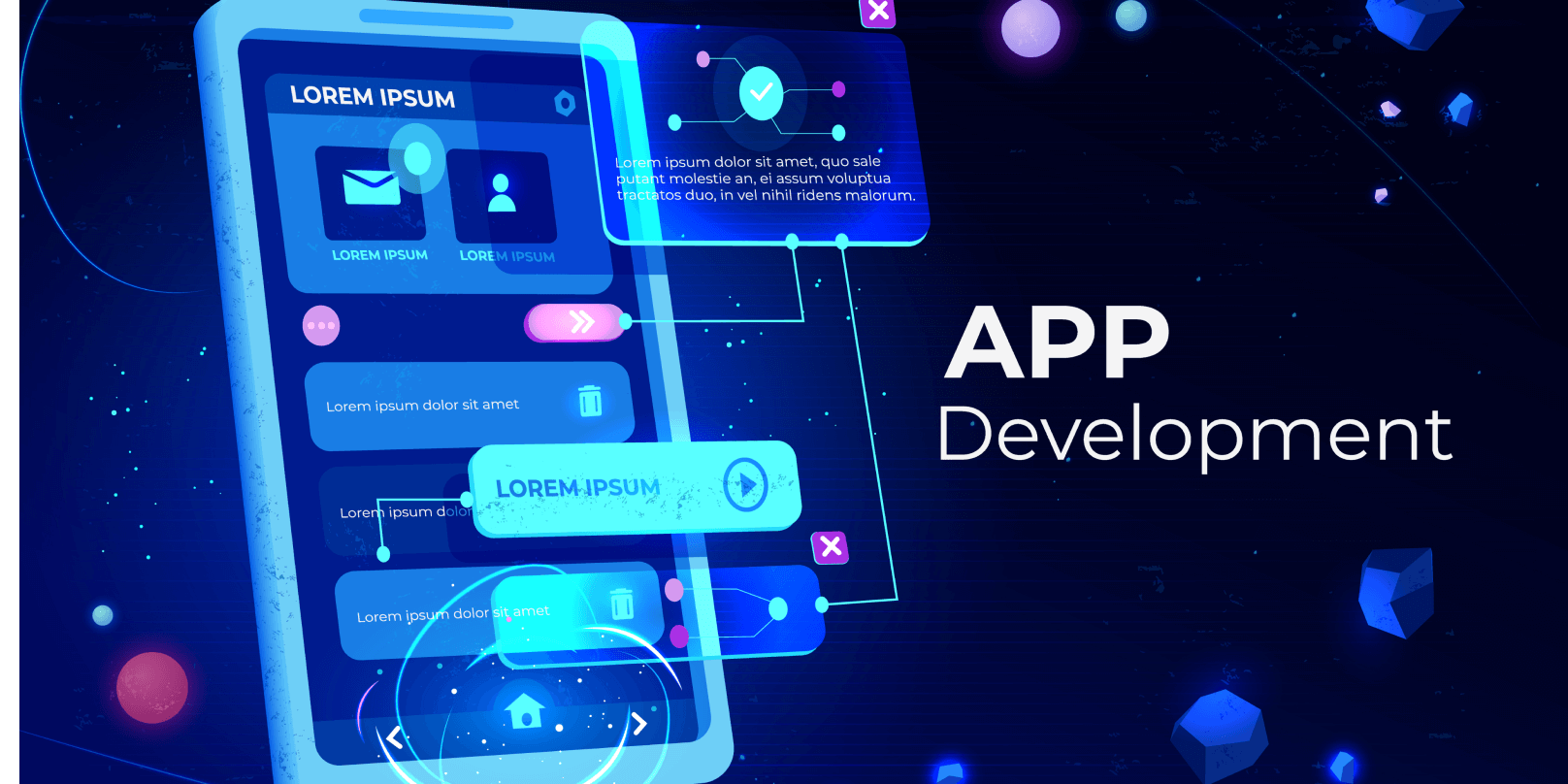
Jumping into mobile app development is like casting off on the uncharted seas. So many choices, all wanting to attract your attention--the choice of a development platform is something that will decide the fate of an app.
Many developers are looking for a Firebase alternative with all options. Therefore, let us enter the labyrinth of key points worth noting should you choose either Firebase or some other options, including related products.
1. Platform Compatibility
The first question to ask is whether the development platform you choose will be compatible with your target platforms. Whether your target is iOS, Android or both the platform that you choose to develop on must support those operating systems. There might be some platforms that are better suited to one OS than the other, so objectives should match up with a platform's special strengths.
For example, if you're developing video-focused applications on iOS, choosing a platform that natively supports important integrations like an iOS video SDK can be crucial for seamless integration and performance.
2. Similar Features to Firebase
Therefore, developers already used to using Firebase or in search of something like it must accurately compare which functions their chosen platform has. Its services include real-time database, authentication, cloud functions, and hosting. Knowing Firebase, developers are right at home and comfortable when the environment is familiar.
3. Development Language and Framework
Check out the development platform's programming language and framework. Whether it's JavaScript, Swift or Kotlin-it doesn't matter. Depending on the level of your team, you should select a platform that is comfortable for everybody--this will make development much easier. Compatibility with other popular cross-platform frameworks like React Native and Flutter is another important consideration for developers.
4. Scalability and Performance
For example, if you expect a sharp rise in the number of users then scalability is one problem that needs to be factored in. Test the ability of the platform to handle increasing workloads while still gaining ground. See whether they have load balancing, auto-scaling, or cache functions that would allow the app to be scaled and responsive.
5. Integration Capabilities
No app is an island. The most important is the ability to integrate smoothly with other third-party services, APIs, and tools. Check if the platform can integrate with well-known systems for data analysis, payment processing gateways, and social media. Different kinds of integration will make your platform stronger and more welcoming to users.
6. Cost Structure

Knowing how a development platform is priced helps in budget planning. Some of them work on the pay-as-you-go principle, while others have subscriptions. But take into consideration the costs of storing and transmitting as well. Bear in mind potential volume and use growth. Otherwise, avoidable financial obstacles suddenly pop up from all directions.
7. Developer Community and Support
The magnitude of support and popularity for any platform is measured by an active developer community. A good community provides you with forums, documentation, and mind-boggling amounts of shared wisdom.
Furthermore, consider the platform's speed of service and its quality. However, particularly during periods of development problems or unexpected setbacks, timely help can be a lifesaver.
8. Security Measures

However, in the digital environment of today, security cannot fall. Assess the security features provided by this development platform: data encryption, the authentication of users, and protection against common vulnerabilities. Security Pick a platform with good security to make sure your apps and data aren't at risk.
9. User Experience and Interface
Here you can see the different tools and multiplex functions. We provide an integrated user interface. Drag-and-drop interfaces, prefabricated templates, and design libraries can speed up the construction of a user interface that is intuitive to use but also looks good.
10. Offline Functionality and Sync
With more and more apps that must continue to work even under conditions where there is poor or no Internet connection, offline functions are now very important. For users to have the same level of experience no matter what network conditions exist at the time, find out if a platform can support offline functions or data transmission.
11. Analytics and Monitoring Tools

Indeed, it is important to have an analysis and monitoring system that could collect data on the performance of the app as well as its users 'behavior. With platforms that have built-in analytics or smooth integration to popular data analysis tools, developers can make app optimization choices based on the available information.
12. Flexibility for Customization
Also, there is the customizability of the development platform. Other platforms give you a mountain of pre-developed features. What's most important is the skill to fill in with, or customize the ready-made alternatives. It's all about a balance between convenience and flexibility.
13. Future Proofing
But, on the other hand, think about what your app wants in ten years and ask yourself whether this platform can accomplish those long-term goals. Will the new plan of the platform be beneficial to emerging technologies and how much history is behind this question?
14. User Reviews and Testimonials

Some good things come to light from end-users and their reviews, as well as testimonials. Go to forums, review platforms, and the pages of testimonials on their official website. From here, look at the other developers 'level of satisfaction and see what hurts.
15. Trial Period or Free Tier
Several development platforms provide a trial period (or even free levels) for developers, to test the platform before committing. With these offerings, see if the platform is right for your development tasks and workflow.
All things considered, selecting the best mobile app development platform is a difficult decision indeed. If you are looking for a functionally similar substitute to Firebase, or otherwise considering another option completely unrelated; the only hope is with much-considered care and consideration about issues like compatibility, features, and scalability as well as cost. Finally, picking a platform that meshes with both your development targets and the capabilities of your team provides an excellent jumping-off point to create a speedy app.
Conclusion
For your project to succeed, choosing the best mobile app development platform is essential. By taking compatibility, functionality, scalability, cost, and support into account, you can make sure the platform fits your needs and your team's skills.
A thorough assessment of these factors promotes long-term performance and helps avert possible problems. Make informed decisions to lay the groundwork for a smooth and effective app development process.



